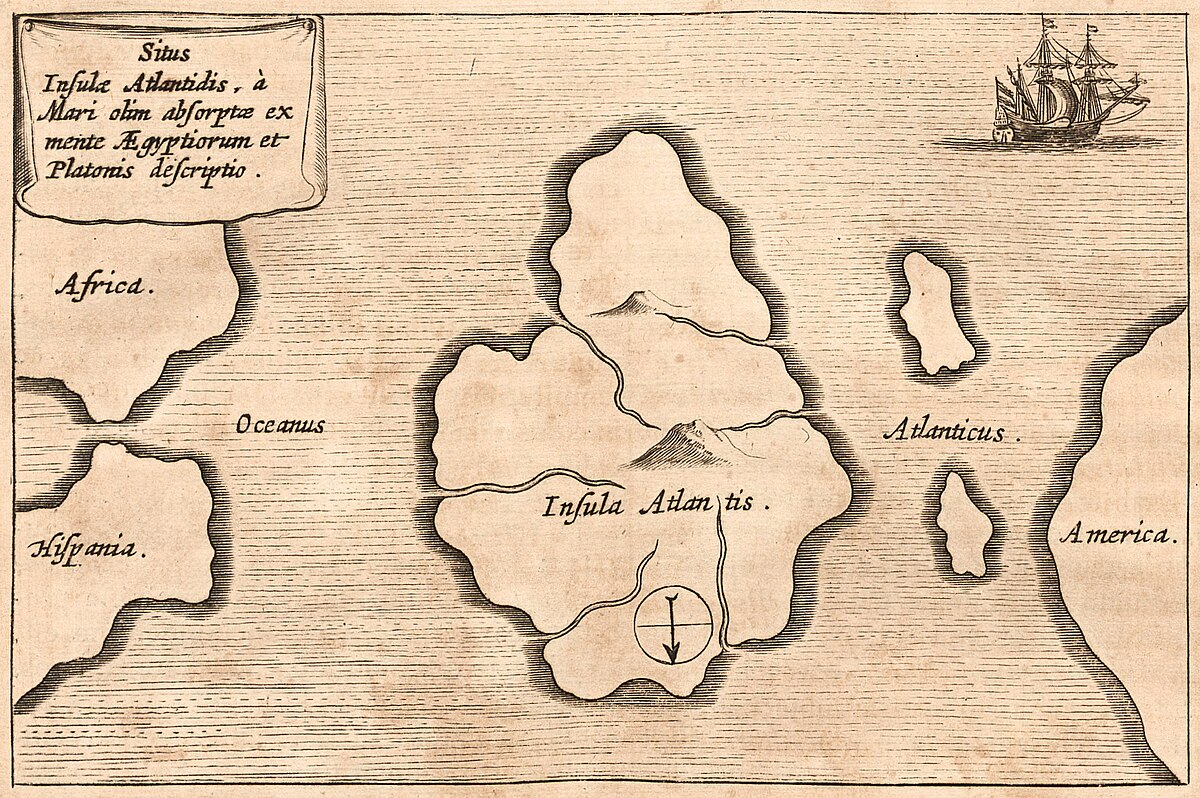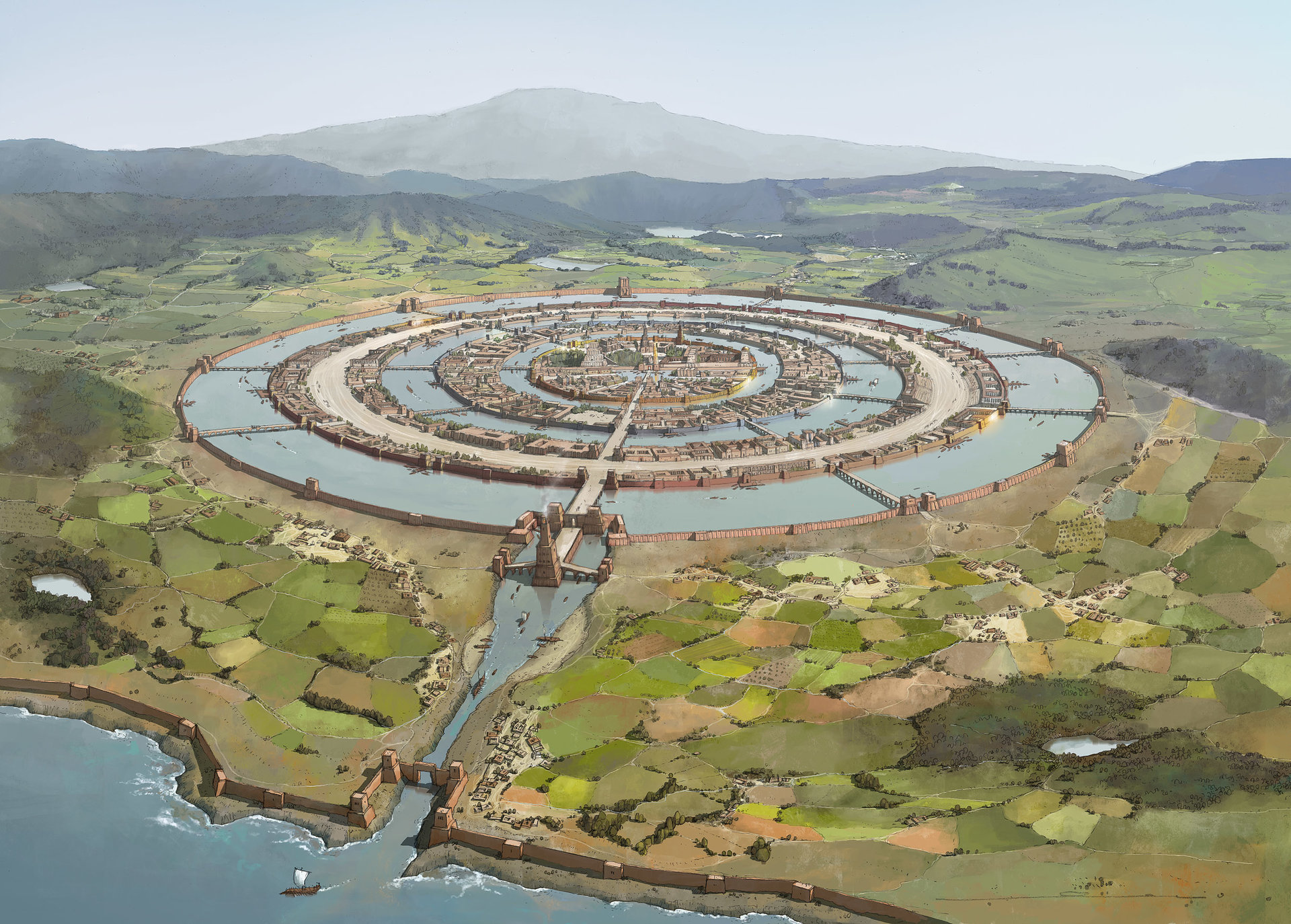It is unlikely that Atlantis existed. Should it have existed, it is unlikely that it had any of the things ascribed to it by the modern New Age community.
Location
The island was located just beyond the pillars of Heracles. This is just beyond the opening of the Mediterranean onto the Atlantic Ocean. Just beyond the Strait of Gibraltar. It is said to be the size of Asia and Libya put together. Note: if a island that large sank it would significantly displace coast lines beyond all recognition. Our under water excavations do not indicate such a large displacement of coast lines.

Age
Plato is inconsistent with its age. In some he writes about Atlantis interacting with Athens which puts it no earlier than 3000BC, but he writes it was around 9000 years before Plato although this could be his way of say “gazzillion umptillion”.
Power
Plato writes that the “kings” of Atlantis had great and marvelous power. However this power is not characterised beyond that. No DNA editing and telekinetic powers that was just imagined later by people who liked the idea that such things existed. A great and marvelous power would likely be something like commanding armies or knowing how to turn milk into Cheese.
Atlantis is said to send ships to attack Athens. Athens successfully fought off the attack. It seems reasonable to assume that they weren’t being attack by an advanced space ready race as many people like to elude.
It seems reasonable to conclude if it has existed then it wasn’t like what is mentioned of it today.
Perfect Society
In Plato’s writings Athens is meant to represent a perfect society. Atlantis is the enemy of a good democracy. According to Critias the Atlanteans took Europeans as slaves after conquering them. Atlantis does not seem like a place championing ideas such as freedom.
City Layout
A mountain with 3 moats and walls at each circle, with a bridge that allows people to cross the moats from the north. Tunnels in the rock allowed ships to come into the inner moats. Also there was a channel out to the ocean.

Belief in Atlantis
A lot of Plato’s immediate students did not take Atlantis seriously in fact Aristotle believed it was made up to give examples of different forms of government without directly criticising the current powers.
According to Proclus, Crantor who was a student of Xenophanes, who attended the school set up by Plato, believed it was real.
It would seem that the original source of this idea was Plato and the closer you got to Plato the more you realised it was an imaginary example. It was only students who came across his writing without the context who took it as real. It is therefore likely it was not real.
Conclusion
It is unlikely it ever existed. It has not been found where it was supposed to be, if it were the size that is claimed, then it would likely have caused an extinction-level event if it were to sink. Also the people who wrote about it, did so in such a manner that their immediate audience did not take it to be literal.
Some of the descriptions of the god’s interaction with the city suggests it was as real to the readers as the goings-on on top of Mount Olympus. Therefore it is unlikely it is meant to be taken literally, but really just as a story telling device to convey ideas about politics.
